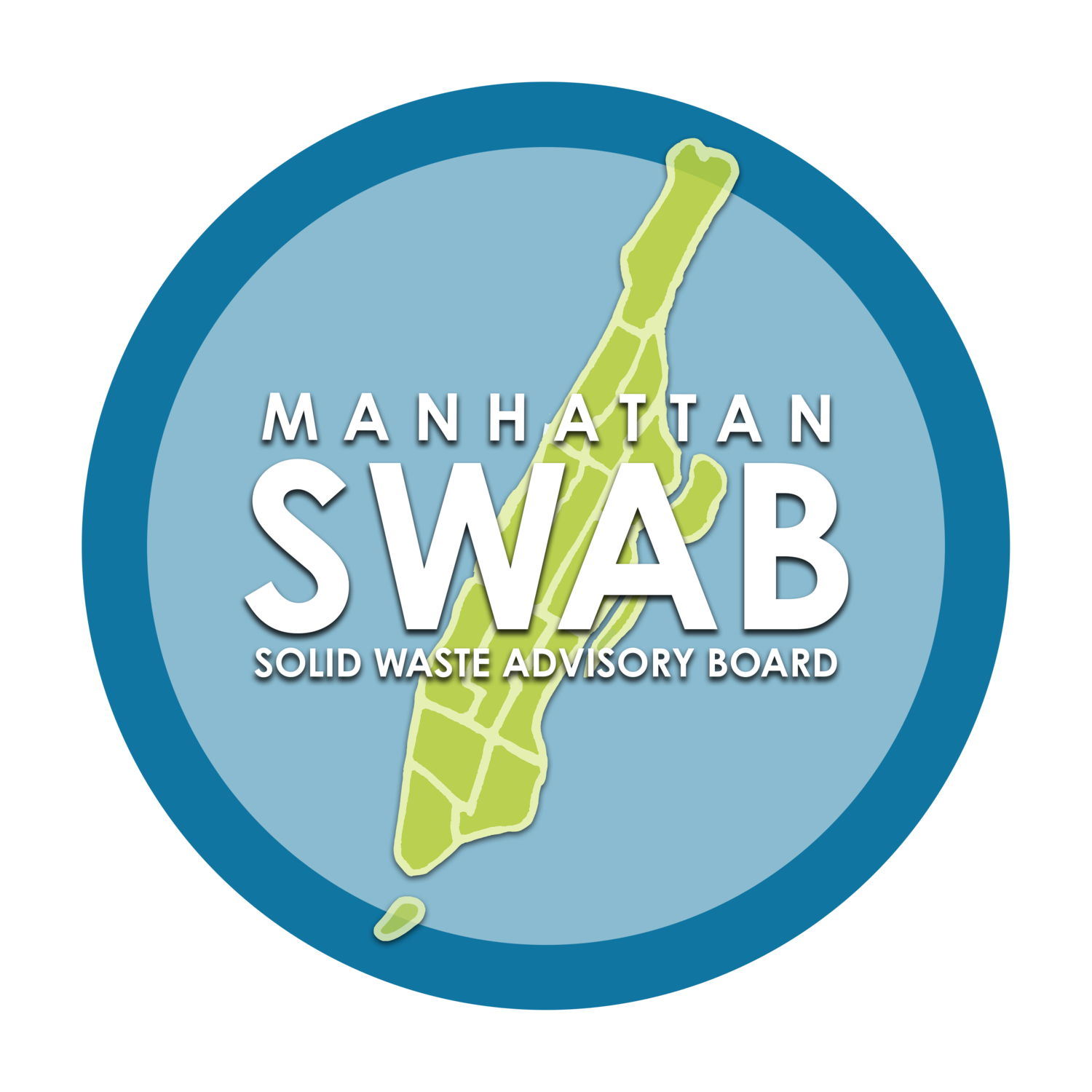STATEMENT OF THE NATURAL RESOURCES DEFENSE COUNCIL BEFORE THE NEW YORK CITY COUNCIL SANITATION AND SOLID WASTE COMMITTEE REGARDING THE SANITATION DEPARTMENT’S PRELIMINARY FY 22 BUDGET
March 4, 2021
Good afternoon and thank you, Chairman Reynoso, Councilmember Chin and members of the Committee. My name is Eric A. Goldstein and I am New York City Environment Director at the Natural Resources Defense Council. As you know, NRDC is a national, non-profit legal and scientific organization active on a wide range of environmental health, natural resource protection and quality-of-life issues internationally, across the country and right here in New York City, where we have had our main offices since NRDC’s founding in 1970. Over the decades, NRDC staff have had as one of our top regional priorities the goal of transforming New York’s waste system from primary reliance on landfilling and incineration to one that has waste prevention, composting, recycling and equity as its cornerstones.
The failure to deal sustainably with the City’s organics -- food scraps and yard waste -- has been one of the biggest disappointments on the environmental front during the eight years of the De Blasio Administration. When Mayor De Blasio took office, the Administration pledged that New York City would become a national leader in sustainable organics handling. In fact, just the opposite has happened. (And this is not the fault of Sanitation Department Commissioner Grayson or former Commissioner Garcia.)
The nation’s largest pilot project for curbside food waste collection was scraped last Spring. Community composting operations -- which have been so successful in handling food waste sustainably, teaching city kids about nature and returning finished compost to neighborhood residents to use in cultivating street trees, plants and community gardens -- was zeroed out in last year’s pandemic budget. Only an outcry from diverse constituencies across the city and last-minute intervention by the City Council, for which we are grateful, was able to resuscitate a portion of these operations, although the number of drop-off sites now is less than 2/3’s of what it once was. And even composting collections at the city’s public schools -- which is so essential to teaching the next generation about the climate crisis and the sensible ways to reduce and recycle food waste – was suspended.
In the Mayor’s proposed FY22 budget, the bad news for most of these essential Sanitation Department programs continues. But looking down the road, a successful program for separating and collecting food scraps and yard waste is not only the right step environmentally, but holds the potential to save city taxpayers tens of millions of dollars a year, by cutting the amount of trash going to expensive-to-dump-at landfills and incinerators. Why is it so difficult for government budget officials to think and plan for the long-term, even when the long-term dangers and opportunities are so apparent?
NRDC is part of the Save Our Compost coalition. And we join our colleagues in urging the Council to boost funding for these and related programs to 14.7 million dollars in the final FY 22 budget. That is still a fraction of what the City was spending on pre-pandemic composting programs.
Three DSNY programs in particular urgently warrant increased funding. One is GrowNYC’s Zero Waste operations. These activities have been a mainstay of New York City composting since the very beginning of food waste collections at GrowNYC’s popular Greenmarket sites. These locations have been among the highest performing sites across the entire city in terms of food waste tonnage collected. Private and charitable funding for GrowNYC composting operations, some of which the organization was able to secure on a one-time basis last year, is unlikely to be available in FY 22. The GrowNYC non-profit deserves -- and New York City needs -- the Council to fund that organization’s composting operations at the level it received in FY 20, approximately 2.5 million dollars.
A second priority funding need is to open new community composting sites in underserved neighborhoods that still do not have convenient drop-off locations, as well as to provide stepped-up composting collection opportunities at NYCHA developments. This is a simple matter of fairness and equity. All New Yorkers have a right to convenient access to food waste composting. And the Council needs to right this wrong by providing additional funding to establish and run these additional sites. We recommend that the Council review the specific recommendations of the New York City Environmental Justice Alliance on this point.
Third, there’s the need for restoration of composting (and recycling) collections in all New York City public schools. These should be funded to begin in September when we expect that school operations will be more or less back to normal. It is so important to teach young children about nature and the climate crisis, as well as get them into the habit of separating food scraps (and recyclables) from ordinary trash. School system composting and recycling programs do exactly that.
Finally, as my colleagues from the Transform Don’t Trash Coalition will describe in more detail in this hearing, NRDC urges the Council to ensure that the Department’s budget includes four million dollars to fund implementation of the Commercial Waste Zone law, Local Law 199 of 2019, which promises to completely transform our current and dis-functional, polluting, unsafe and inefficient commercial waste collection system into one that is sustainable, fair to private sanitation workers and reliable for businesses across all five boroughs.
We are counting on the City Council, which has historically been the leader in New York City on environmental issues, to step in and re-prioritize these essential sanitation programs, from which all New Yorkers will benefit. Thank you for your attention.
